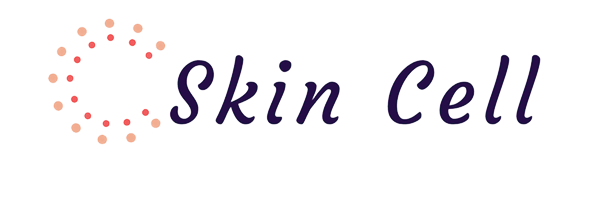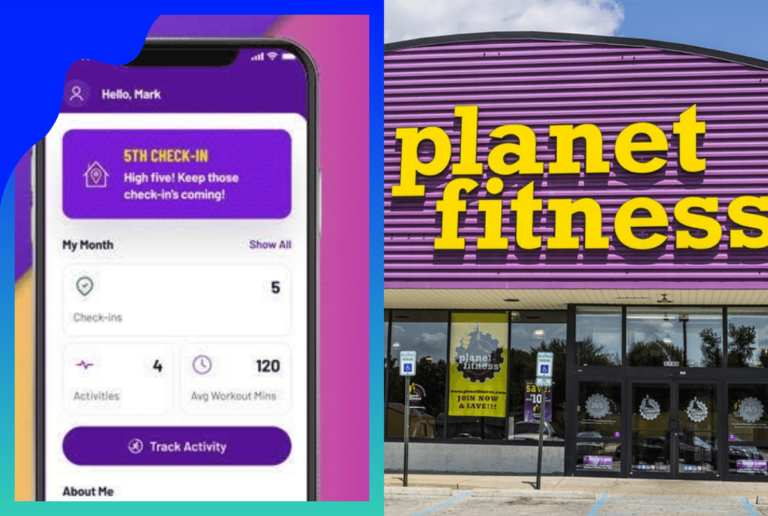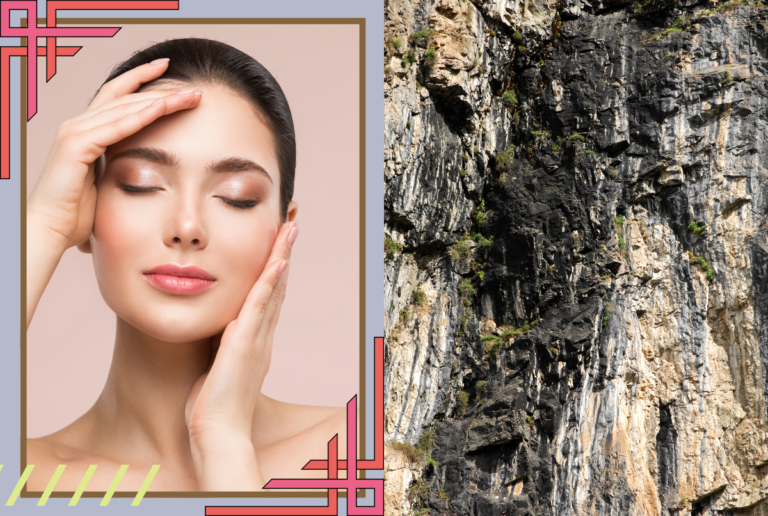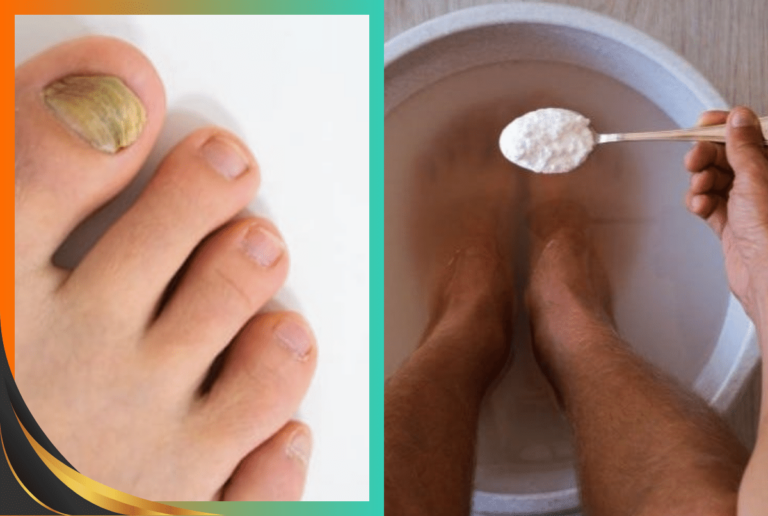How To Treat Cold Sores Below The Nose
Cold sores can be quite painful and create a constant burning sensation around your mouth before breaking into ugly red blisters under your nose.

Even though fever blisters or cold sores are mostly seen among kids after a bout of fever, adults can also suffer from the pain of these nasty blisters. Usually, they disappear within one to two weeks without medication when your body slowly starts to recover from its weakened state after the fever.
However, you can apply some easy treatment methods if the blisters are too painful or ugly to keep them under control. These home treatments can speed up the healing process and soothe your pain without requiring any immediate medical help. Today, we’ll talk all about cold sores, their causes and symptoms, and how you can safely treat them right at your home.
So, without any further ado, let’s get on with it!
What Are The Common Causes Of Cold Sores?
Cold sores are caused by the herpes simplex virus (HSV-1), which usually spreads through your saliva and can be highly contagious. So, essentially, cold sores result from HSV-1 infection, and there’s no cure. You will most likely get cold sores when you first contract the virus. However, usually becomes dormant in your system after a couple of weeks without causing further cold sore outbreaks.
However, in some cases, the virus gets reactivated and causes cold sores, such as when your body is recovering from a common cold or fever. An unhealthy lifestyle and excess stress can also trigger the virus in some people, leading to cold sores.
Different Stages Of Cold Sore Symptoms
As we mentioned earlier, not everyone who has been exposed to HSV-1 gets cold sores. But, those who suffer from cold sore infections show the following symptoms:
- Burning sensations in and around the mouth
- Painful sores or blisters on the tongue, lips, gums, below the nose
- Sore throat
- High fever
- Headaches
- Nausea
- Swollen lymph glands
Typically, these symptoms last for one or two weeks and then start to disappear on their own without any medical supervision. After the virus becomes dormant, you won’t suffer from any cold sore breakouts. But if you develop cold sores after some time of contracting the virus, the symptoms won’t be as severe as the first time.
If you get a burning or tingling sensation on your skin, it indicates the first stage of cold sores. Within one or two days, you might develop one or more fluid-filled blisters on your face, usually under the nose. After 48 hours or so, the blisters burst open, and the fluid oozes out to form scabs over the blistered area. Then, the sores usually heal within two weeks.
How To Treat Cold Sores?
Even though there’s no cure for cold sores, you can use some home treatment methods to soothe the pain and irritation from the nasty blisters. Let’s take a look!
1. Apply Ice
A cold ice compress can be an excellent solution to numb the pain and burning sensation caused due to cold sores. However, be careful not to apply ice directly to your skin because it can damage the skin cells. Take some ice cubes in a clean cloth or plastic bag and gently apply them to the blisters.
2. Use Pain Relievers
Cold sores often cause constant stinging and throbbing sensations, which can be quite painful and uncomfortable. You can use painkillers, such as acetaminophen to relieve the stinging feeling of these fluid-filled cold sores.
3. Over-The-Counter Creams
Cold sores are not only painful but can also leave behind scars and damage your skin while healing. You can buy some over-the-counter creams from the drugstore to keep your skin soft and prevent skin damage or scarring when the cold sores heal.
4. Prescription Drugs
Since cold sores are essentially a type of viral infection, doctors can prescribe antiviral medicines to quicken the healing process. Some of the most effective antiviral drugs for cold sores include:
- Acyclovir (Zovirax)
- Valacyclovir (Valtrex)
- Famciclovir (Famvir)
- Penciclovir (Denavir)
Depending on the severity of your infection, your doctor can prescribe a suitable dosage for these drugs. However, keep in mind that these drugs can only keep the symptoms under control; they won’t kill the virus.
5. Apply Aloe Vera
Sunburn can often trigger cold sores, and Aloe Vera gel can be an excellent cooling agent to help you against sunburns and prevent the development of cold sores. Thanks to its analgesic properties, you can find some relief from the pain and burning sensation of cold sores. Aloe Vera gel can also be effective in fighting the actions of HSV-1 and accelerate the healing of your fever blisters.
6. Lysine
Lysine is a supplement that’s available in a capsule or cream form and has been known to be effective in treating cold sores. It helps to dry up the blisters and reduce the severity of the symptoms.
7. Propolis
Propolis is a type of resin extracted from poplar buds and other cone-bearing trees by bees. It has healing properties and can be used as an ointment for keeping your cold sores under control.
8. Natural Oils And Extracts
If you’re looking for a natural remedy to treat cold sores, lemon balm extract can be a superb solution. Natural oils, like peppermint oil and tea tree oil, also work quite well in the fast healing of these painful fever blisters.
9. Kanuka Honey
Even though it’s not a popular treatment method, medicated kanuka honey can be an excellent topical medication for healing cold sores. It is mostly available in New Zealand, so it might be a bit difficult to get your hands on this product.
10. Vitamin C & Vitamin E
Both these vitamins are quite effective in healing cold sores. While Vitamin E is known to speed up the healing process, while Vitamin C helps to fight against HSV-1 to inactivate the virus and reduce the infection symptoms.
How Can You Prevent Cold Sore Infections From Spreading?
Apart from fever and illness, certain behavioral habits can trigger cold sore infections. Below we’ve highlighted some of these habits that you need to avoid to keep your cold sores from spreading.
1. Avoid Triggers
A stressful work schedule or sudden beach outings on a sunny day can trigger or worsen cold sore outbreaks. If you are prone to getting cold sores, it’s best to avoid these triggers to avert the condition or at least to prevent your blisters from causing severe infections.
2. Avoid Touching
Cold sores can cause itching sensations, but picking at your blisters will only worsen the situation. You might end up spreading the virus to other parts of your body by constantly touching the cold sores. Wash your hands properly and keep them away from the blistered area if you want the cold sores to heal faster without scarring.
3. Avoid Popping The Sores
Popping cold sores is not painful, but it can also increase the risks of septic infections and spreading the virus. Try to keep your nails away from the blisters and avoid popping or scratching them at all costs.
4. Avoiding Sharing Personal Items
Since cold sores are usually spread through saliva, avoid sharing personal items, such as cups, cutlery, lip balm, or lipsticks if you have cold sores. Similarly, try not to borrow these items from someone who has fever blisters. In that way, you can prevent the infection from spreading and control the viral activity.
5. Avoid Oral Sex
Cold sores can easily spread to other body parts, including genitals, through saliva. So, avoid giving or receiving oral sex, kissing, and all other forms of physical contact that might involve the exchange of saliva to prevent cold sore outbreaks.
Cold Sores Vs. Canker Sores
It’s pretty easy to get confused between cold and canker sores because they usually show the same symptoms. However, the locations of the sores differ because canker sores develop inside your mouth. These sores mostly occur under your tongue, inside the cheeks, or at the back of your throat.
On the other hand, cold sores develop topically on your face, around your mouth, or between the nose and lips. Even though both these sores can occur because of stress or viral infections, menstruation and hormonal changes can also cause canker sores.
Final Thoughts
Cold sores can be a painful affair and can lead to severe skin damage if they don’t heal properly. In most cases, these blisters heal independently without medical supervision. However, you can follow the treatment methods mentioned above to keep the pain under control and heal the sores.
Remember to keep away from any factors that can trigger cold sore outbreaks. Furthermore, let the cold sores stay as they are without touching or picking at them to prevent them from spreading. Carefully take the proper medicines and apply ointments, and you’ll be good to go.
On that note, we’ll sign off. Take care and stay healthy!






